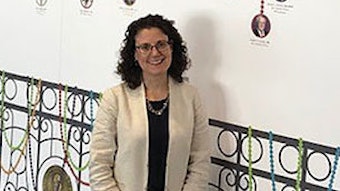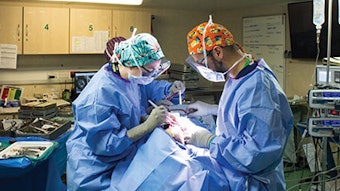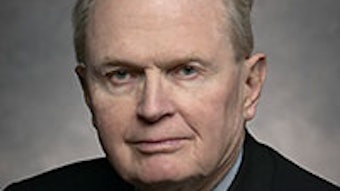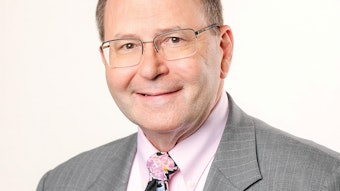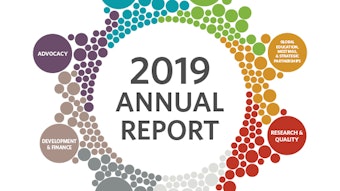Advocacy and making a difference
Recent surveys have validated that most of our members believe that our Academy is effective in the area of advocacy, and I would agree. Advocacy plays a vital role for our organization and highlights one of the many values of membership.
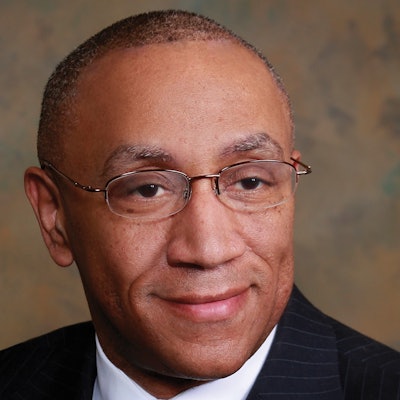 Duane J. Taylor, MD AAO-HNS/F Past President
Duane J. Taylor, MD AAO-HNS/F Past President
“Advocacy plays a vital role for our organization and highlights one of the many values of membership.”
Although my interest in medicine (for people and animals) started at an early age, my fascination with public service, community advocacy, and government was never far behind. One of the many activities my parents required of the kids on long road trips (to limit the “are we there yet?” inquiries) was to recite the three branches of the federal government and how they worked. Fast forward to my senior year in high school, I was selected to work as a congressional page on Capitol Hill, miles away from the Cleveland, OH, suburb where I grew up. This was an experience that included early morning classes in the top level of the Library of Congress, followed by an experiential civics lesson as one of democracy’s teenaged messengers in action, and would culminate with a ceremony and certificate from then-President Jimmy Carter at the White House. Nonetheless, my stronger interest in medicine prevailed, and I started that summer in a BS/MD program. I believe that at that point, however, the seeds of understanding the importance and value of advocacy were planted and provided a foundation for my local, state, and federal advocacy efforts on behalf of both physicians and patients.
Our Academy has an effective, knowledgeable, and efficient staff who work on our behalf in the areas of advocacy. How can we as physicians be effective advocates? The first steps are understanding the process and the many opportunities to be involved. I like to think of advocacy as being prepared to present solutions to the right people who can make positive change. There are many ways physicians can be involved as advocates at the local, state, and federal levels. As physicians, we are still in key positions to be able to advocate on behalf of our patients and draw attention to issues that affect their health and our ability to provide care.
On a local level, involvement in your city or county medical societies as well as hospital staff and committees can provide you with knowledge of critical issues and opportunities for your ideas to be heard. For insights and opportunities at the state and federal level, go to the Advocacy tab on our Academy website. Up-to-date information on advocacy efforts are available at your fingertips. Take the time to join the ENT Advocacy network so that you are plugged in to the Academy’s efforts. Learn more about ENT PAC, become a key contact for Project 535, and email your senators and representatives on specific legislation directly from the Academy’s site.
As emphasized in the book Living Proof: Telling Your Story To Make a Difference, by John Capecci and Timothy Cage, “Personal stories have the power to move people from apathy to empathy to action.” The impact that you can have as a physician sitting with a legislator or their staff, face to face with a powerful story or example, can make a lasting impression. The power to be an important catalyst for change with our individual or collective voices is a potential we all possess.
Finally, as this year comes to a close and a new year begins, remember your physical and emotional well-being are an important part of what enables you to interact with your family, friends, colleagues, patients, and everyone around you. Give it the attention it deserves and make being an advocate for your own health a priority for the new year. Appreciate the positive people and experiences in your life, look for the opportunities, and continue to learn from the challenges. Have a happy, healthy, and safe holiday season.






